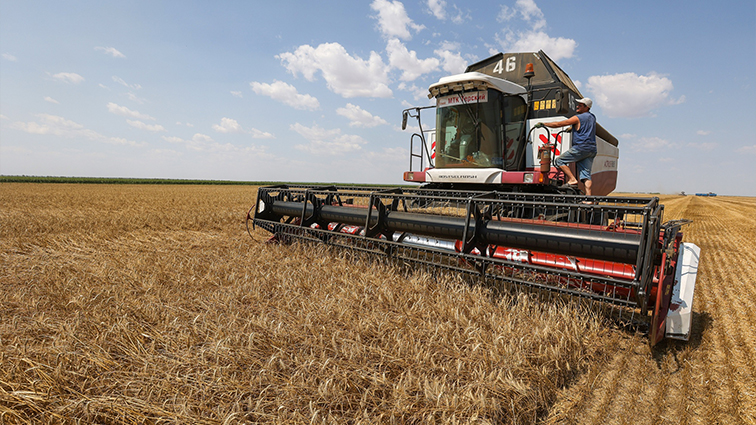Researchers from Moscow State University announced their discovery of a new method that helps accelerate wheat growth using bacteria isolated from orchid roots.
The researchers identified a bacterial strain of the genus Microbacterium that showed remarkable effectiveness in stimulating the growth and development of wheat seeds, providing a sustainable alternative to the widespread use of chemical fertilizers.
The bacteria isolated from orchid roots grown in greenhouses of the Russian Academy of Sciences showed the secretion of plant hormones that promote wheat growth and are capable of increasing the biomass of plants. These hormones are not only beneficial for agriculture, but also contribute to improving soil health.
The researchers obtained a patent for this method and published the results of their study in the journal Microbiology Resource Announcements, emphasizing the positive impact of this discovery in promoting sustainable agriculture and reducing the use of chemicals in agriculture.
The isolated bacterial strains are known to be non-pathogenic and can degrade a wide range of organic compounds, which makes them play a role in the biodegradation process in the environment. Some of their species have a role in environmental applications such as bio cleaning, where they are used to remove pollutants from the environment thanks to their ability to degrade complex organic compounds.
These bacteria can also be used in some industrial applications, such as the production of enzymes used in the food and chemical industries.
An unprecedented visit by the Russian frigate “Marshal Shaposhnikov” to the Eritrean coast
